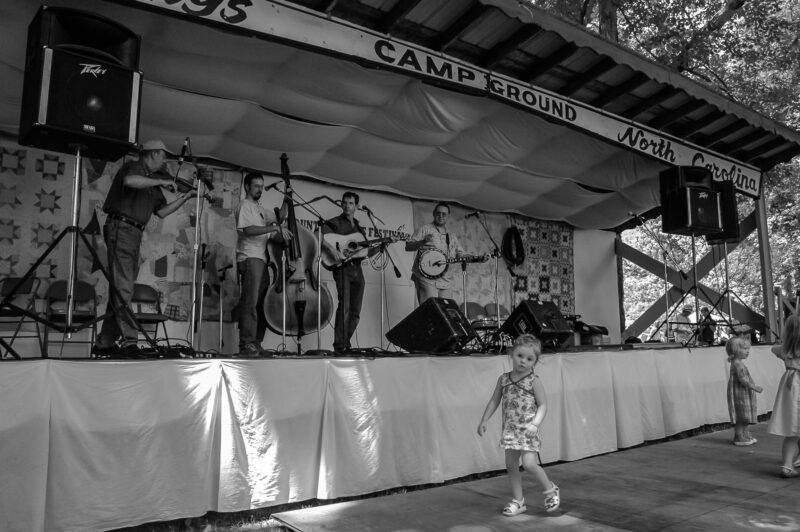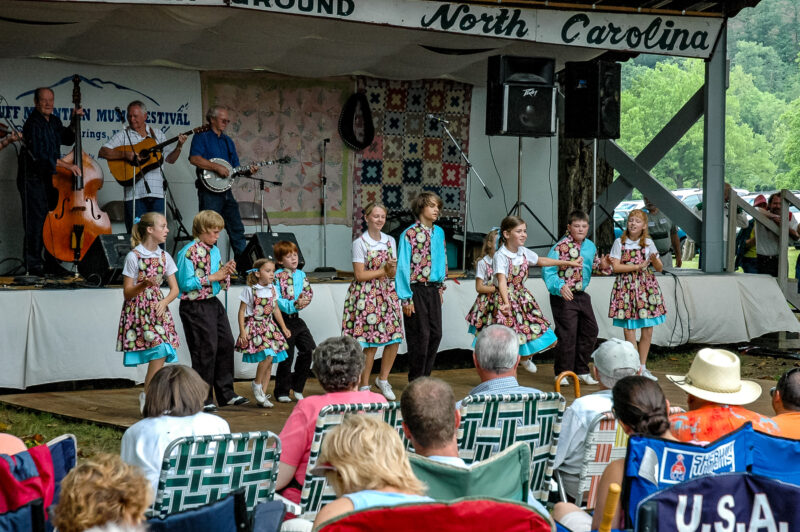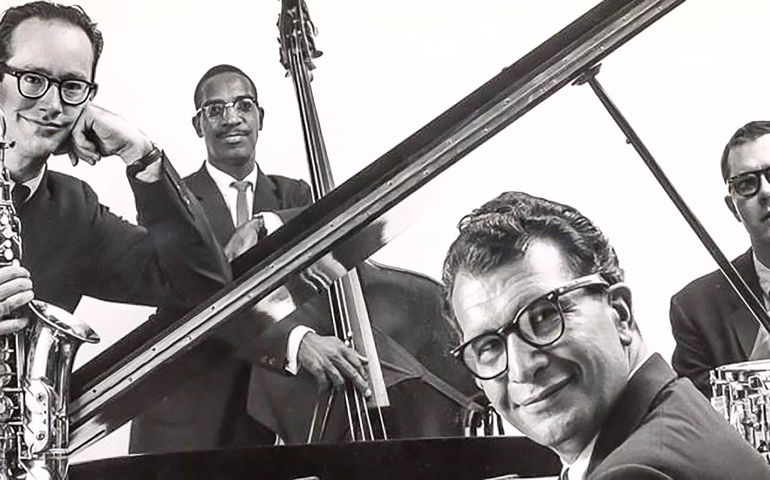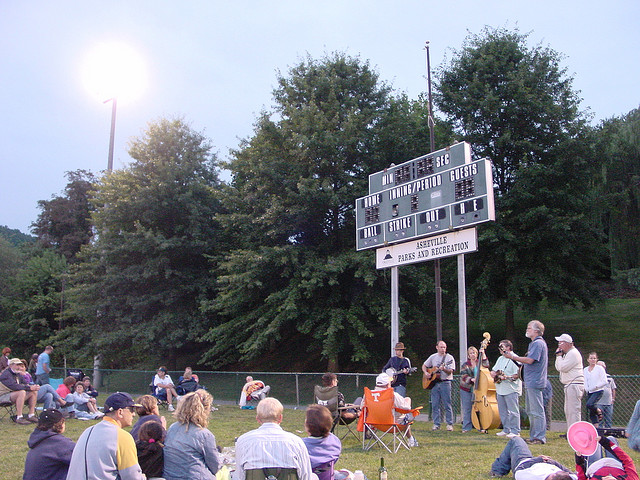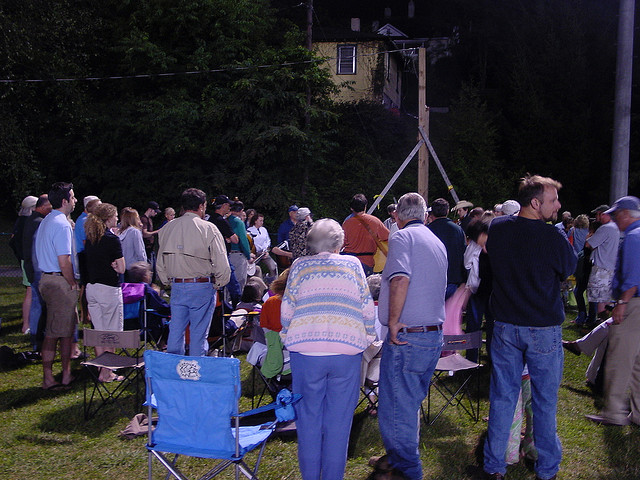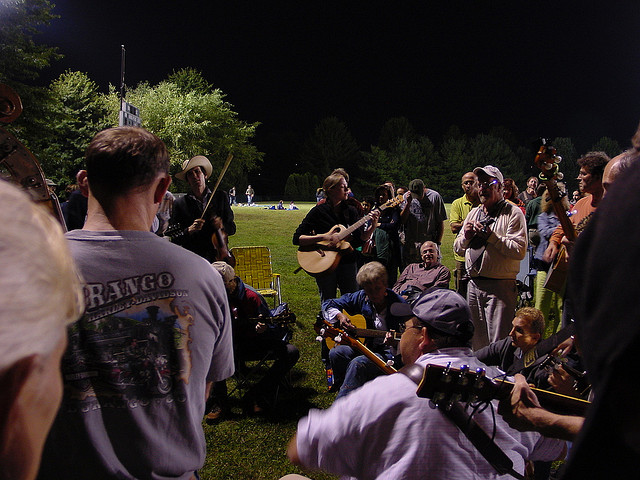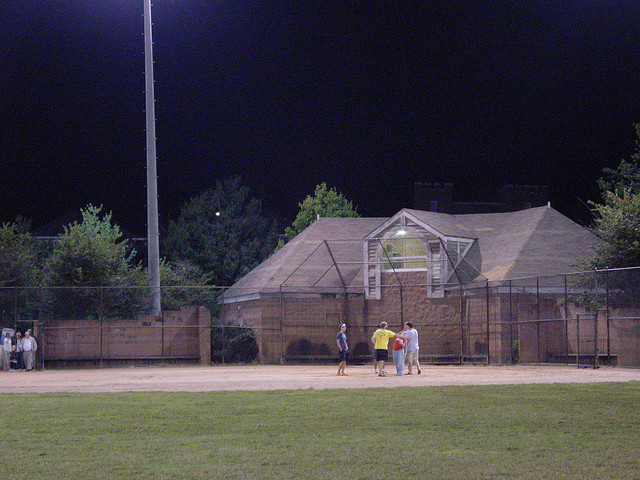My sophomore, junior, and senior years, I took drafting. I thought I wanted to be an architect. By the end of my junior year, I realized it wasn’t going to happen. It just wasn’t in my soul. But for some reason, I went ahead and finished up the whole three-year drafting, taking the two-block drafting III class.
During our senior year, the teacher — an odd fellow who, judging from his hair cut and ties, was definitely stuck in the 70’s — allowed us to listen to music while drafting.
Choices, choices.
My friend and I set out to find the perfect drafting album, to match the list of perfect albums for this or that activity.
A few albums that made it into my personal rotation with a great deal of frequency were…
- R.E.M. Document
- Metallica …And Justice for All
- Sonic Youth Daydream Nation
- Pink Floyd Momentary Lapse of Reason
- Anything from Gabriel-era Genesis
Were I to do any drafting now, I’d more likely head to Thelonious Monk or Chick Corea, Bill Monroe or Lightening Hopkins.
 Just before K and I moved from Poland in 2005, Zakopower, a new band, was growing popular. They performed at a few festivals and they had a hit single.
Just before K and I moved from Poland in 2005, Zakopower, a new band, was growing popular. They performed at a few festivals and they had a hit single. What I love so much about it is how it typifies Goralski singing without being, well, typical. That sense of hanging on with white-knuckled vocal chords (wonderfully mixed, thank you) is at the heart of Goralski music — singing as high and mightily as possible without losing control.
What I love so much about it is how it typifies Goralski singing without being, well, typical. That sense of hanging on with white-knuckled vocal chords (wonderfully mixed, thank you) is at the heart of Goralski music — singing as high and mightily as possible without losing control.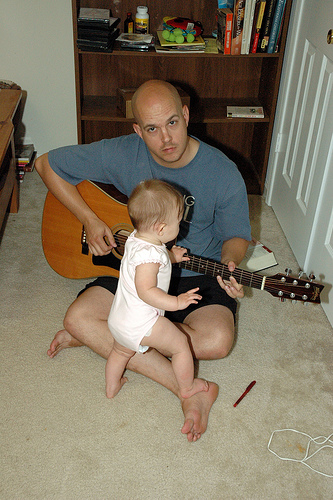
 We just got Wynton Marsalis’ latest album, From the Plantation to the Penitentiary (
We just got Wynton Marsalis’ latest album, From the Plantation to the Penitentiary (